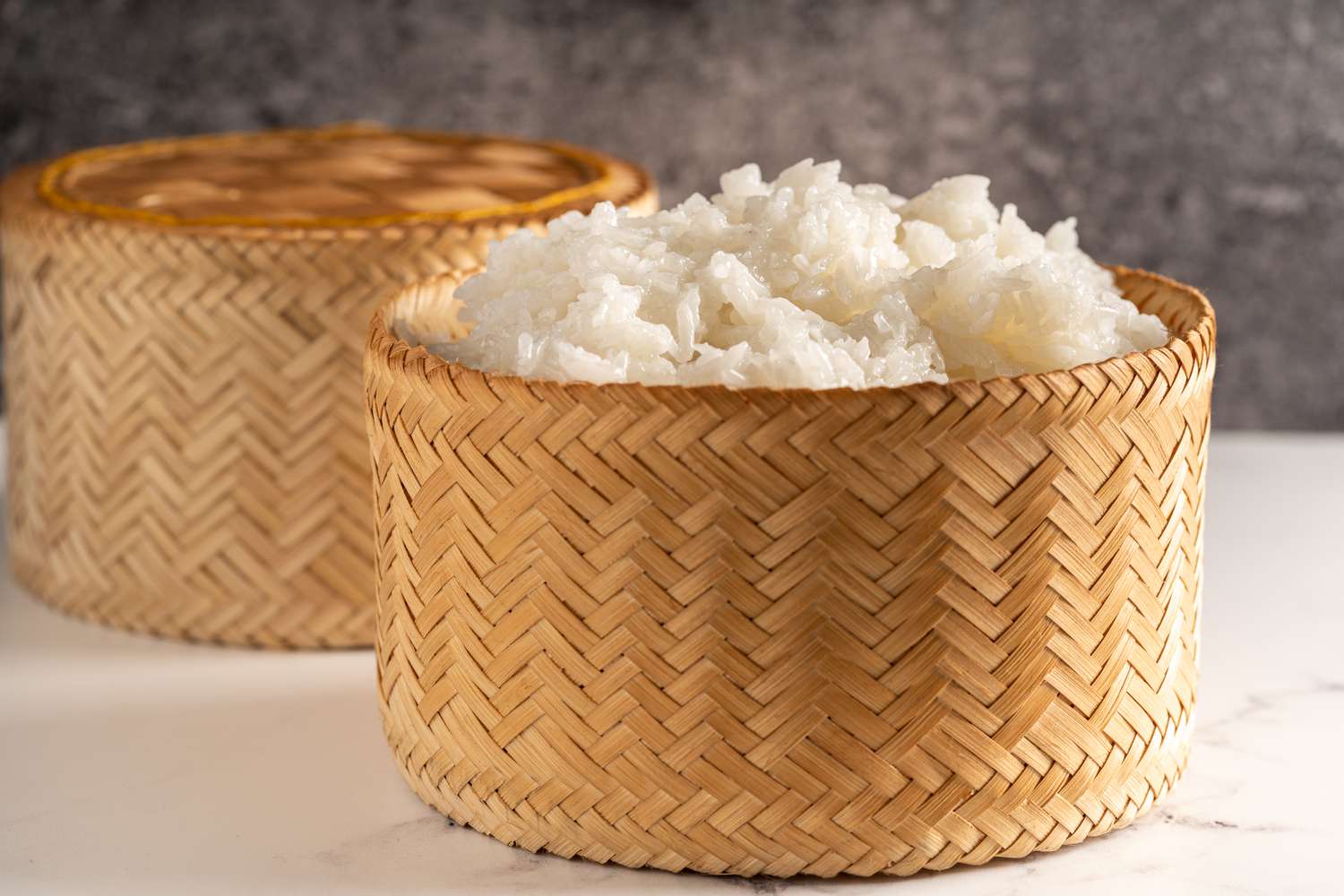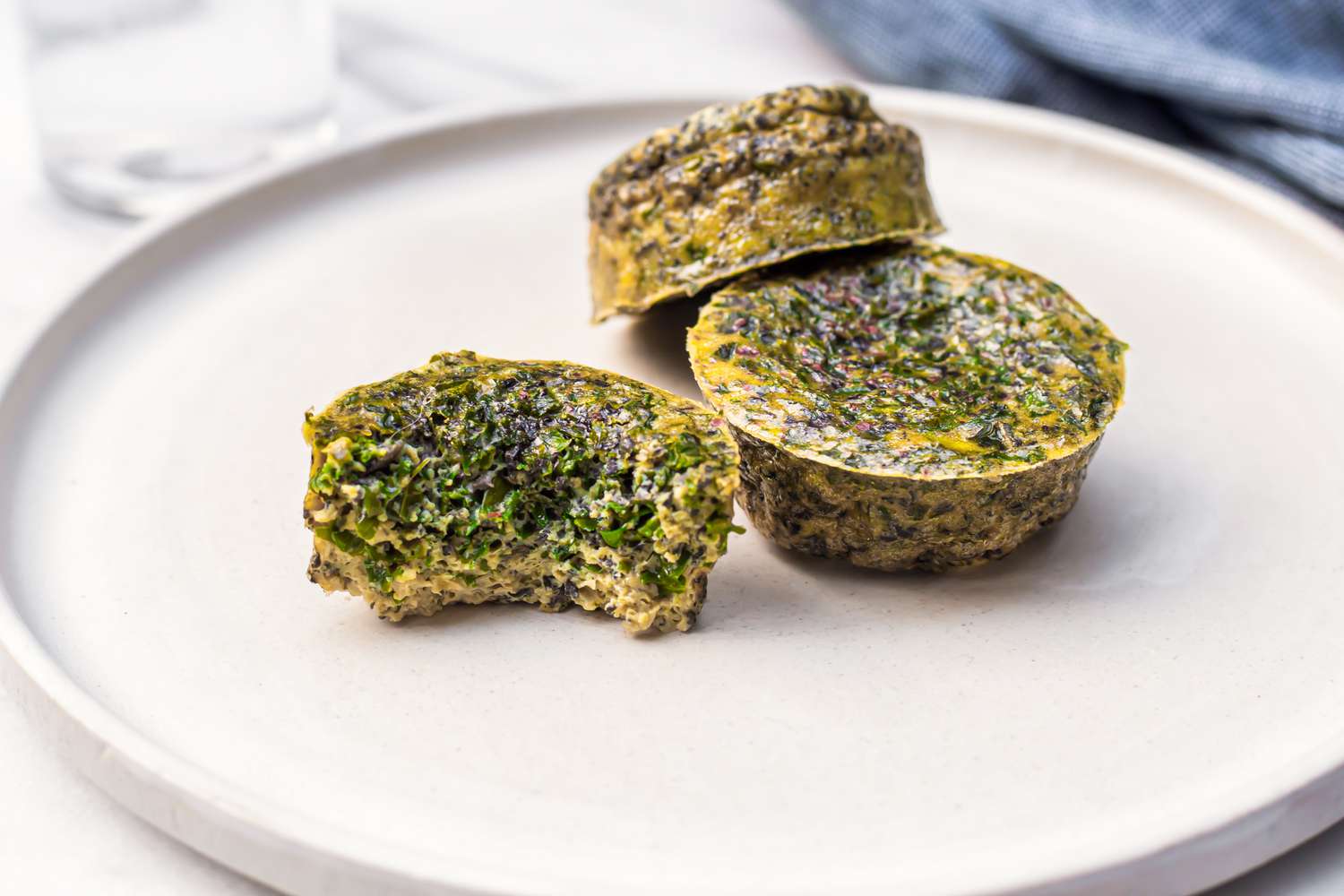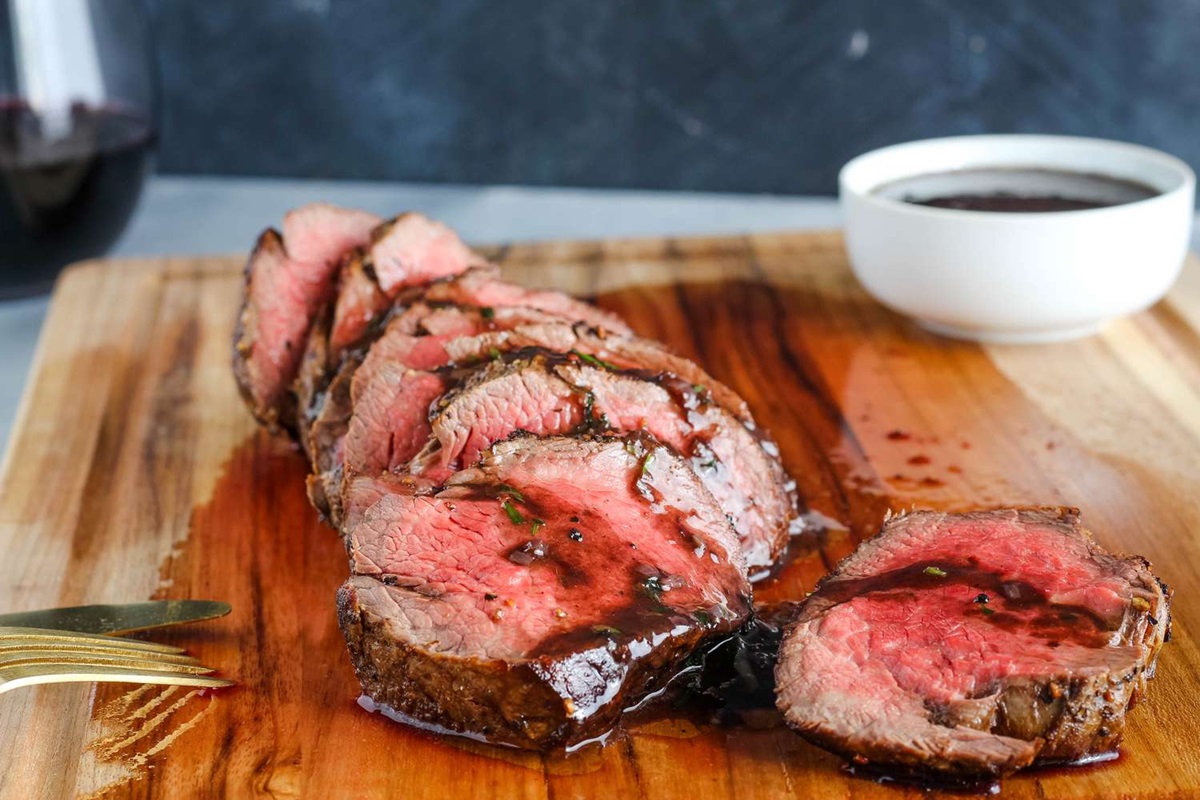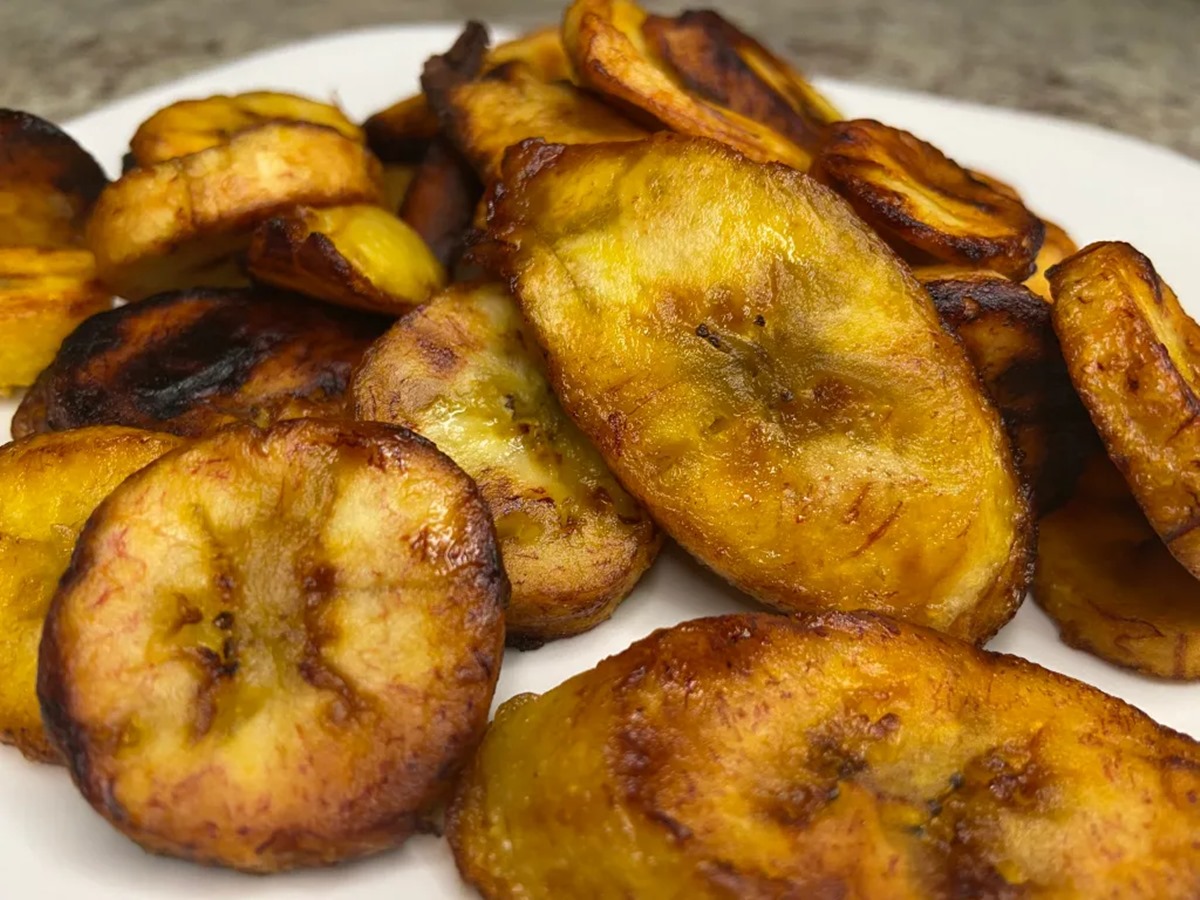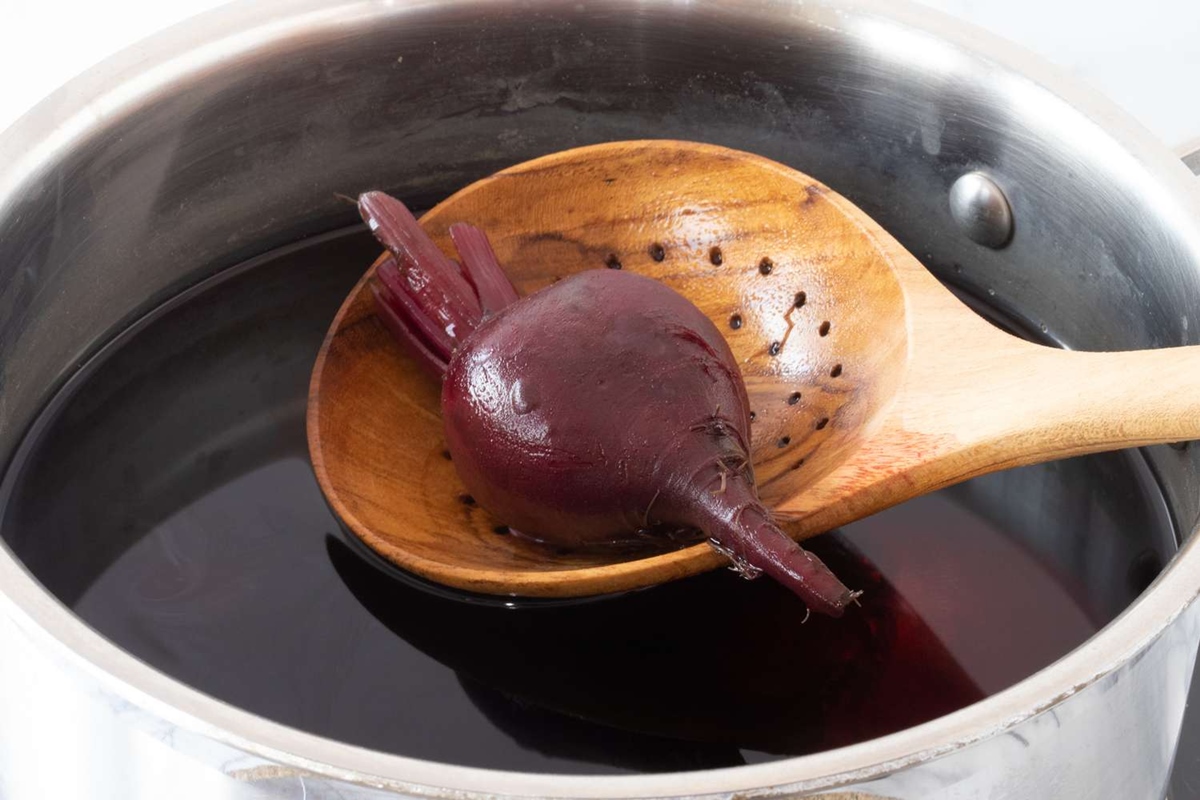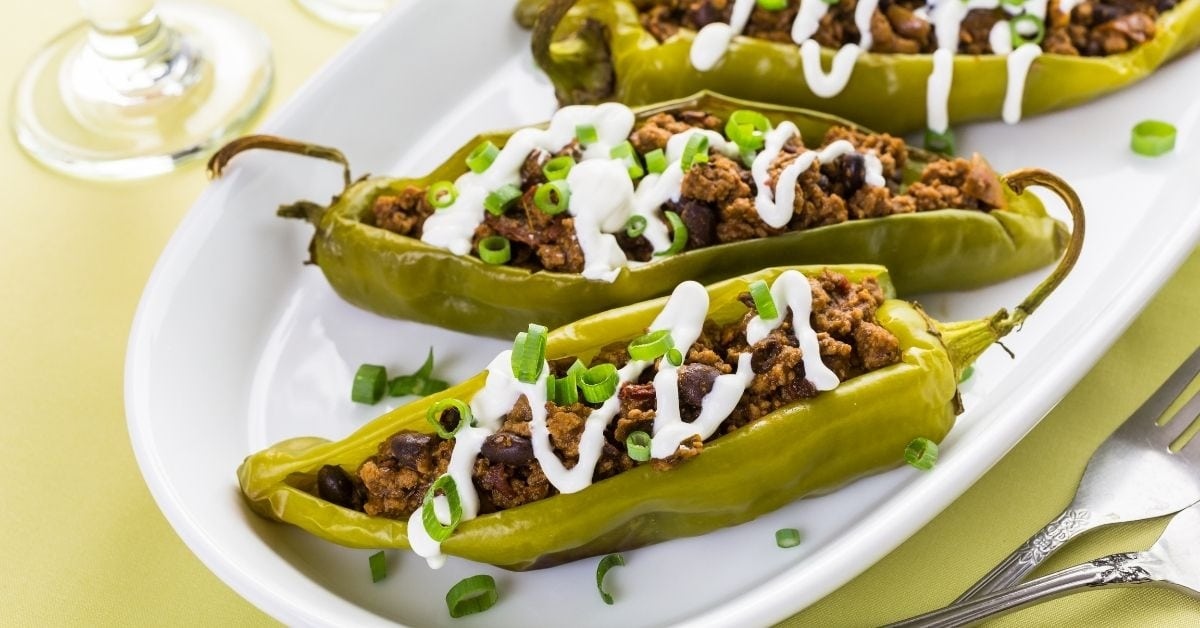How To Cook Veggies: A Guide to Delicious and Nutritious Meals
Are you looking for a healthier way to enjoy your veggies? Cooking vegetables not only enhances their flavor but also unlocks their nutritional benefits. Whether you’re a seasoned cook or a kitchen novice, we’ve got you covered with some easy and delicious veggie cooking tips.
1. Choose Fresh and Seasonal Veggies
Start your veggie cooking adventure by selecting the freshest and most vibrant produce available. Opting for seasonal vegetables ensures that you get the best flavors and nutrients. Visit your local farmers’ market or grocery store and look for brightly colored vegetables without any signs of wilting or decay.
2. Prep and Wash Thoroughly
Before cooking, it’s crucial to properly prep and wash your veggies. Remove any dirt, debris, and unwanted parts, such as stems or leaves. Thoroughly rinse them under cool water to eliminate any pesticides or dirt residues.
3. Explore Various Cooking Methods
There’s a myriad of ways to cook vegetables, each offering a unique taste and texture. Experiment with different cooking methods such as:
- Steaming: Steaming veggies retains their natural color, texture, and nutrients. Simply place them in a steamer basket over boiling water until they are tender-crisp.
- Sautéing: Sautéing vegetables in a small amount of oil or butter over medium heat adds a delicious caramelized flavor. Make sure to stir frequently to prevent burning.
- Roasting: Roasting vegetables in the oven at a high temperature brings out their natural sweetness and creates a delightful crispy texture. Toss them with some olive oil, salt, and pepper before popping them in the oven.
- Grilling: Grilled veggies have a smoky and charred taste that adds a unique twist to your meals. Brush them with some marinade or olive oil and grill until they are tender.
4. Add Flavors and Seasonings
Transform ordinary veggies into extraordinary dishes by adding flavors and seasonings. Experiment with herbs, spices, and sauces to enhance the taste. Some popular options include garlic, lemon juice, balsamic vinegar, soy sauce, and fresh herbs like basil or cilantro.
5. Don’t Overcook
When cooking veggies, it’s essential not to overcook them, as they can lose their vibrant color and nutrients. Keep a close eye on their doneness and aim for a tender-crisp texture. This way, you’ll retain their natural flavors and ensure they remain nutrient-rich.
6. Be Creative with Recipes
Don’t be afraid to get creative with your veggie cooking. Explore an array of recipes that showcase vegetables as the star of the dish. From hearty vegetable stir-fries to colorful salads and comforting soups, let your imagination run wild and discover new ways to enjoy your vegetables.
7. Pair with Complementary Ingredients
Complement your cooked veggies with other ingredients to create well-balanced and satisfying meals. Consider adding proteins like grilled chicken, tofu, or chickpeas for a vegetarian option. You can also incorporate whole grains, such as quinoa or brown rice, to make your dish more filling.
By following these tips, you’ll become a veggie cooking pro in no time. Enjoy the wonderful flavors and nutritious benefits of cooked vegetables, and let your taste buds embark on a delicious and healthy journey.
For anyone looking to up their veggie game, there are plenty of delicious recipes to try out. Roasted Garlic Parmesan Brussels Sprouts bring a savory crunch that's hard to resist, while Honey Glazed Carrots offer a sweet and vibrant option. If you're into something a bit tangy, Steamed Broccoli with Lemon Zest is a refreshing choice. For grill enthusiasts, Grilled Asparagus with Parmesan is a must-try, providing a smoky flavor with a cheesy finish. On the simpler side, Steamed Green Beans with Almonds are quick to make and add a nice crunch. Each of these dishes leverages basic techniques that anyone can master, making them perfect for both novice and experienced cooks.
Was this page helpful?
Read Next: How To Cook Artichoke Hearts From A Can
